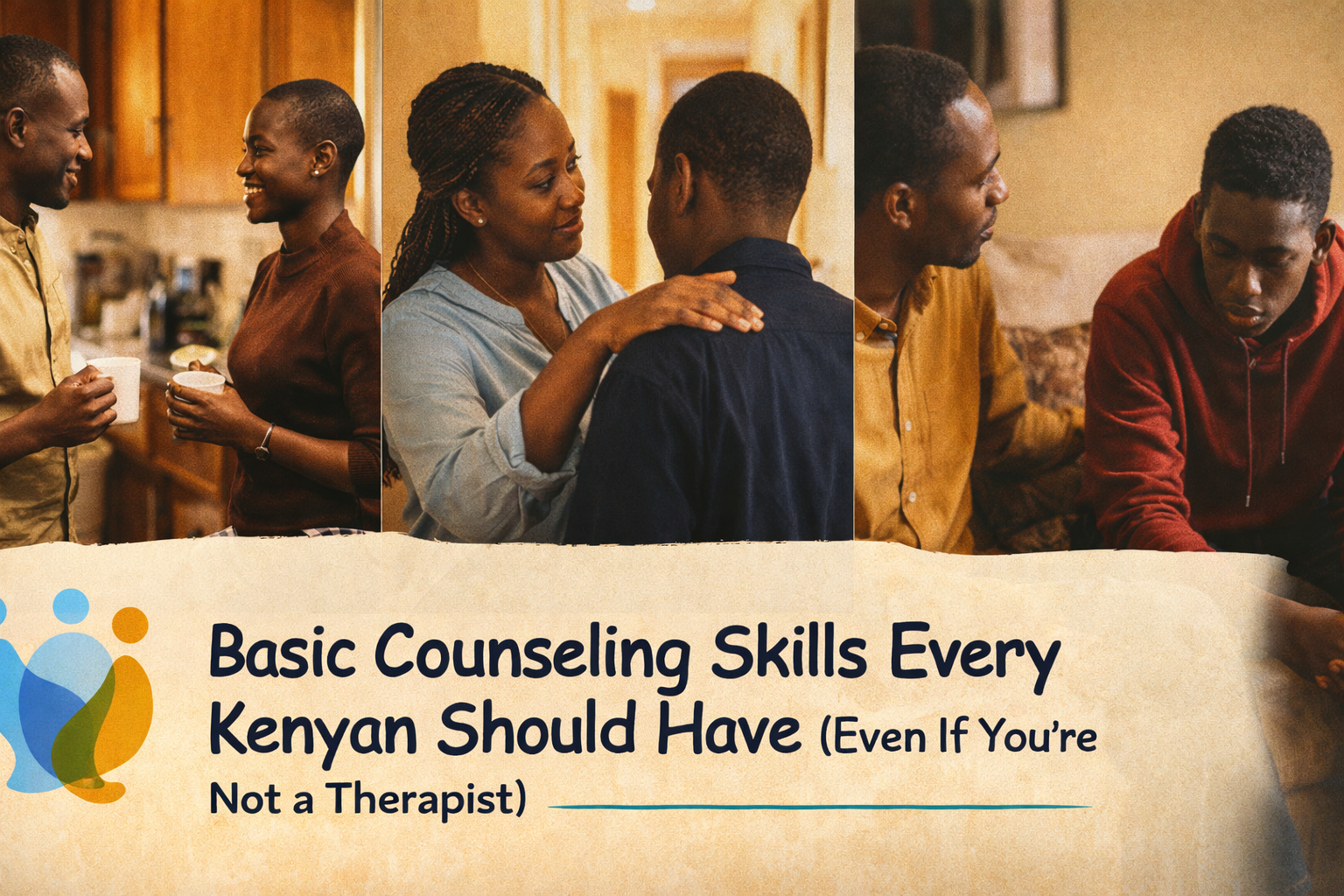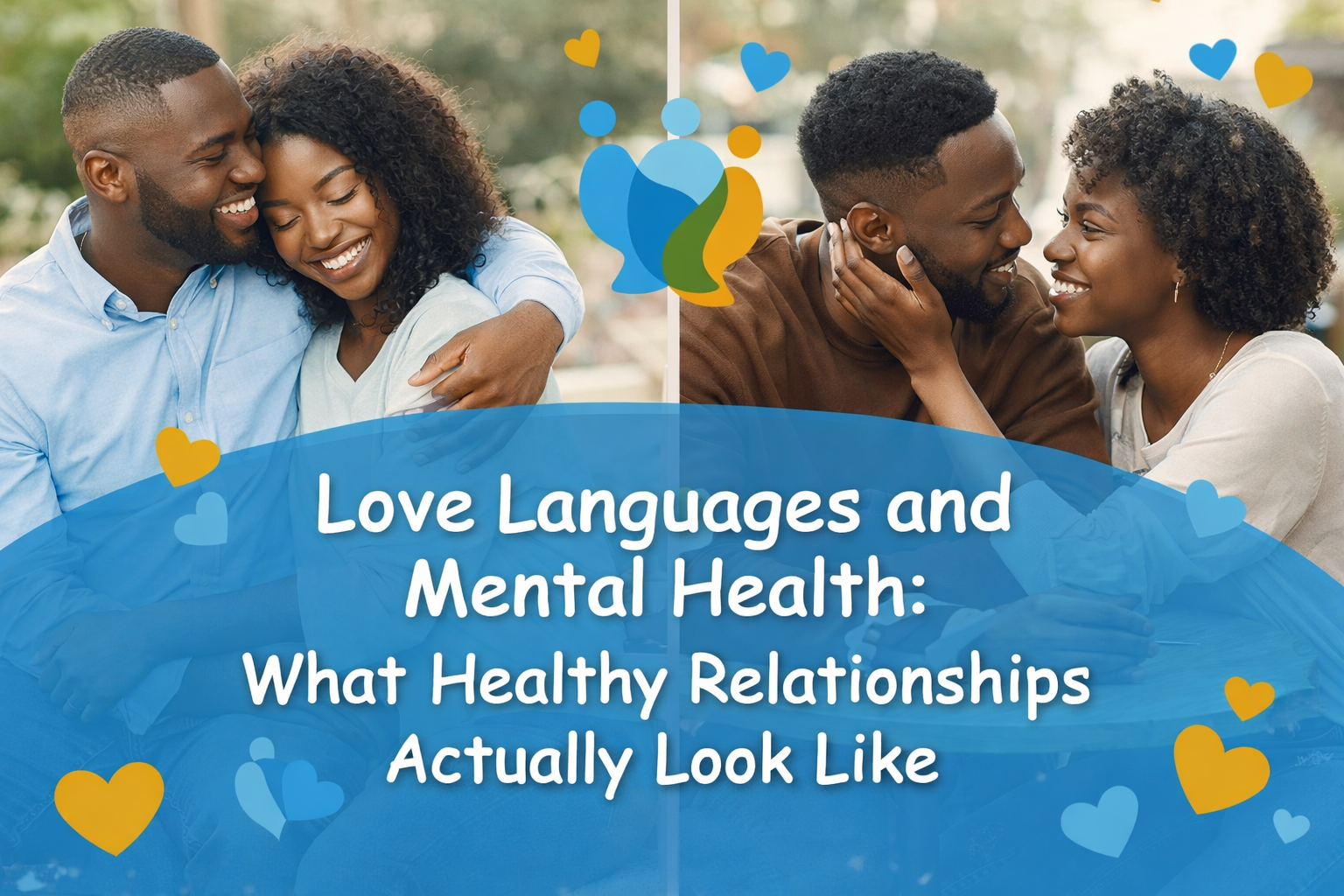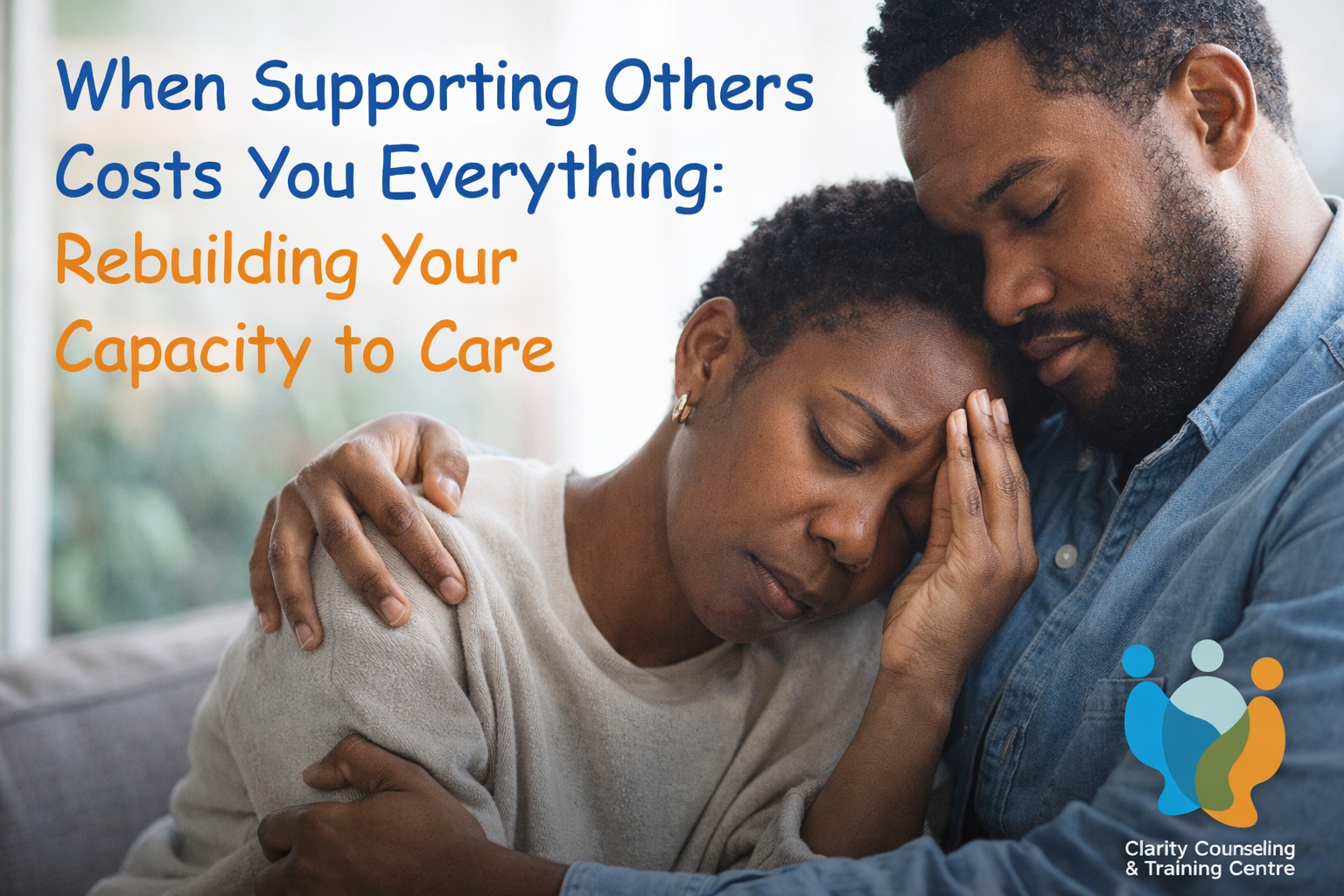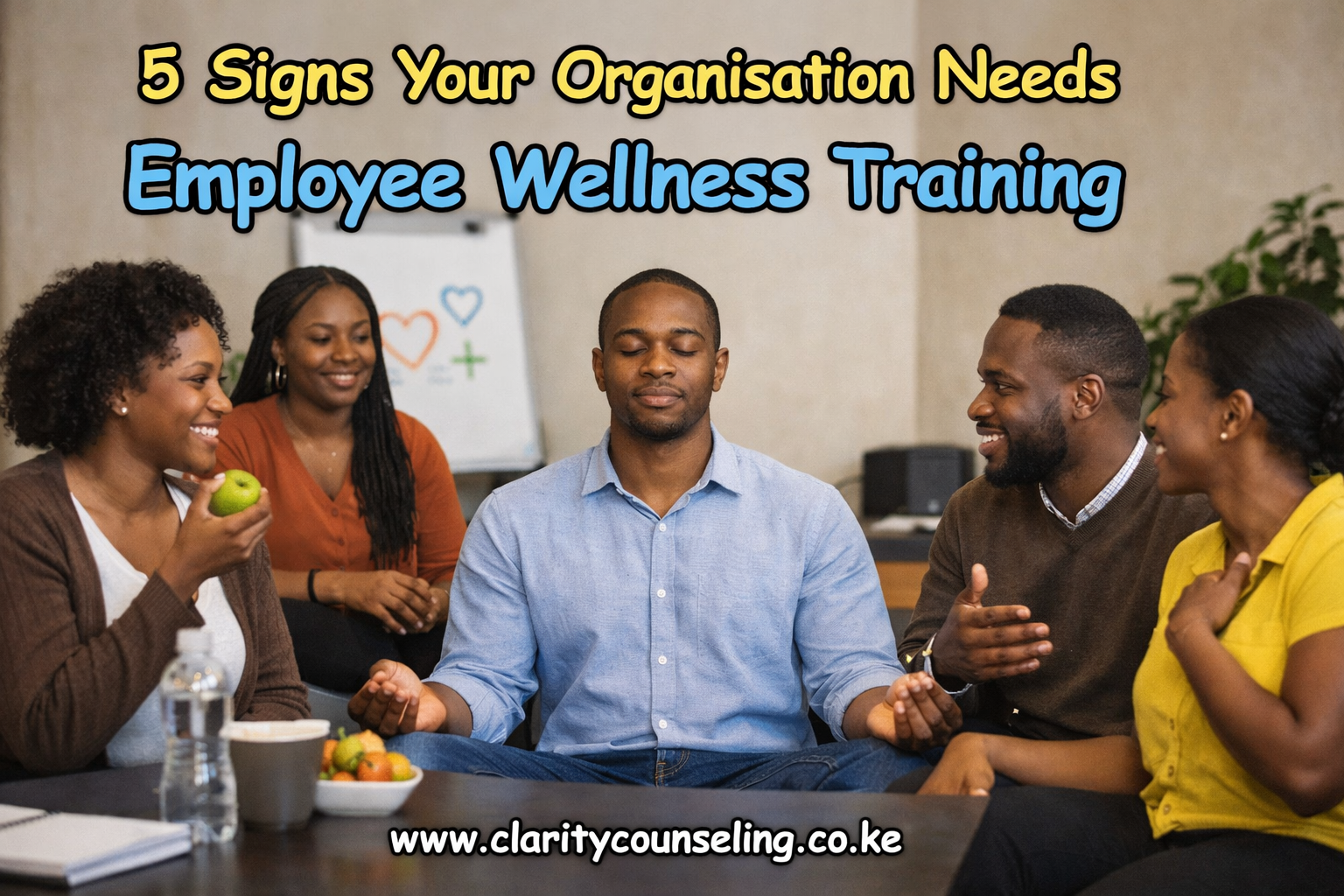Toxic Parenting; What’s It All About?

Toxic Parenting; What’s It All About?
I bet most of us would answer No to this question, and rightly so, because most of us parent the way we were parented and therefore have good cause to think that they are doing the right thing.
The question of whether or not someone is a toxic parent is also a topic that most people rarely discuss since they may not even be aware that they are victims of toxic parenting. Apart from that most people think it is disrespectful to think of or admit that their parents have been abusive to them. While no parent is perfect, there’s a very big difference between parenting mistakes and toxic parenting. While mistakes occur once in a while; toxic parenting is a consistent pattern of behavior with potentially damaging child outcomes. Children raised by toxic parents may end up being either toxic parents or toxic partners or, becoming victims of toxic relationships. They may struggle with their sense of self worth and mental health issues even in adulthood.
How to identify a toxic parent
They use words that are emotionally damaging to insult you; always hitting below the belt.
Toxic parents constantly use words that are very hurtful while attacking their children. Often times their words ring true to the child as they could be using something that the child already feels insecure about against them. For example, they have no trouble reminding an over weight child just how ‘fat’ or ‘ugly’ they are. Or a child who is not performing well in school how ‘dumb’ they are. The result of this is a very insecure individual, who learns to look at themselves through the parent’s negative lenses.
They are extremely selfish. Their relationship with you is about meeting their own needs.
Children of toxic parents often end up feeling selfish for needing a parent’s love and affection. This is because their parents have always used them to meet their own needs while neglecting the child’s needs. A bad day at work means a bad day for their children because they will take it out on them. A poor relationship with their spouse means that one or all of their children bear the brunt of it. They will blame their children/child for separation with their spouse, accuse the kids of loving the other parent more than them, they may share inappropriate information with the child about their own personal life; or even expose their children to psychologically damaging events where the child has to take care of them. For example, being helplessly drunk in the presence of the children with no other adult to take care of the situation.
Their kids end up being a surrogate parent to them because of their demanding nature. As the kids grow older, the demands placed on them may increase and they may demand love, affection and financial support based on their beliefs that the child owes them. They relate with their children on a transactional basis where they are the sole beneficiaries.
They are emotionally abusive, and have no capacity for empathy
Toxic parents are always out to get their way where their children are concerned. And they are not short of strategies to achieve this goal. Some belittle their children, make nasty jokes about them, give their children silent treatment as a way of punishing the child or just ignoring the child’s presence. Making a child feel unwanted by implying that their lives would be better off without the child, others are cruel and withhold from their children even the most basic needs such as food and clothing to punish them; or laugh at their child’s failures and vulnerabilities.
They are skilled at playing mind games which are meant to make the child feel guilty for pointing out the fact that they are abusive. They may also label the child as: selfish, narcissistic, crazy, or possessed simply because the child disagrees with them.
They are overly critical
Nothing a child does is ever enough for a toxic parent. They tend to be overly judgmental towards their children, and they make a big deal out of their children’s mistakes. They will never let a child forget or live down their mistakes. They have a habit of discussing their children with other people; trying to get them to validate their perspective of the child. They may also diminish or ignore their child’s accomplishments; and ignore a child’s good traits. Comparison is another means they use to make their child feel inadequate as compared to other children. Where one of the kids has become their scapegoat, they may consistently compare that child with the child’s siblings who are the parent’s favorites.
Toxic parents constantly expect the worst of their own children; and the child ends up being a people pleaser as they are always trying to convince their parents that they are wrong about them.
They refuse to take responsibility for words they have said or actions towards you that are hurtful.
Toxic parents refuse to apologize for their mistakes, believing that they are always right no matter how much they have hurt their children.
To avoid being accountable for their actions, they will try and make the child believe that it was their fault that they hurt them. They will twist the truth to make themselves look good; always playing victim, and suggesting that their children are at fault.
They don’t understand why their children won’t talk to them and will stop their children from seeking help from others believing that ‘they want to blame them instead of taking responsibility for their own problems.’
They compete with you. Out of a strong need to be right, they would rather win in an argument and loose you than ‘be defeated’
An attempt by the child to defend themselves always escalates into an emotional whirlwind that the child will most likely loose. A toxic parent will most likely come at you as though you were an enemy. Conversations with them do not involve them listening to their children; instead, it becomes an opportunity for them to ‘score’ against the child.
They are over controlling
Their kids are not allowed to ask questions or even speak their minds. This includes expressing any negative emotions. A toxic parent may make their child feel as if ‘they are too much to handle’ by dismissing their child’s negative emotions as the child being fussy, over emotional or ‘too sensitive’. They try to muzzle their children by discouraging questions and doing anything to prevent them from speaking their minds.
They are emotionally explosive
Their reactivity will most likely involve angry outbursts for something that does not warrant that kind of reaction; therefore, leaving the child feeling confused. The child will grow up to be a fearful, insecure individual who’s afraid of displeasing others.
Dealing with a toxic parent
As an adult child of toxic parents, you do not have to get stuck in that vicious negative cycle that has been your life. It’s possible to break free and have an emotionally healthy lifestyle by learning to relate with your parents differently. Here are a few pointers:
- Set some boundaries with them – one of the ways to do this is by limiting your dependence on them. You can move out of your parent’s home, and live on your own income. You can also set boundaries with them by pointing out their hurtful behavior; and limiting contact with them if this behavior continues.
- Accept that you cannot change them. You can start by giving up any expectations that they will see you for who you are; or that they will agree with you at some point.
- Recognize the ways in which they manipulate you and refuse to act out of guilt. Do only that which needs to be done. For example, don’t give money you do not have, or do something you don’t want to do simply because they try and make you feel guilty for not doing so.
- Visit Clarity Counseling, we offer the best counseling sessions in Nairobi and will assist you to navigate toxic parenting dynamics so that you do better for yourself.









